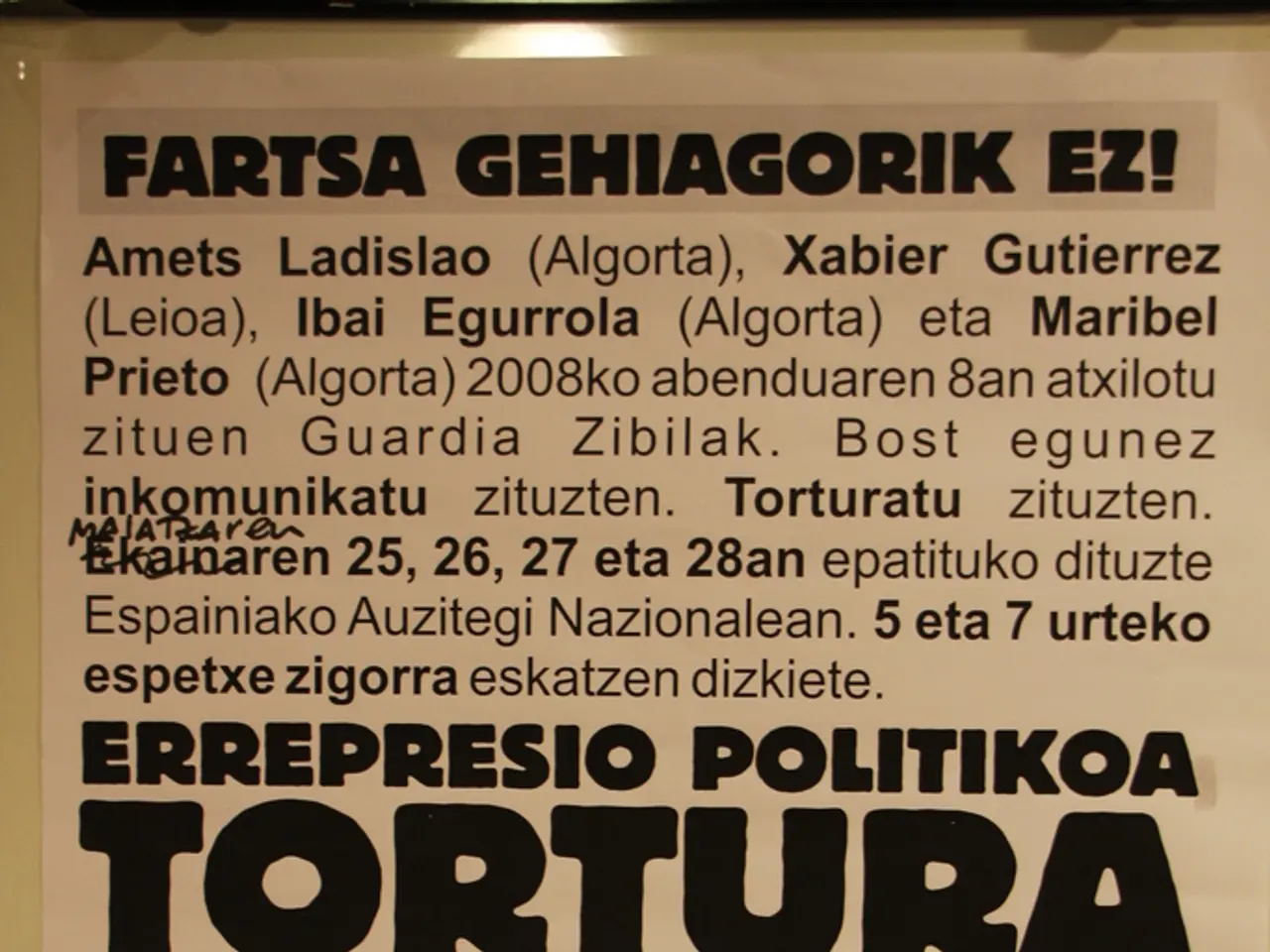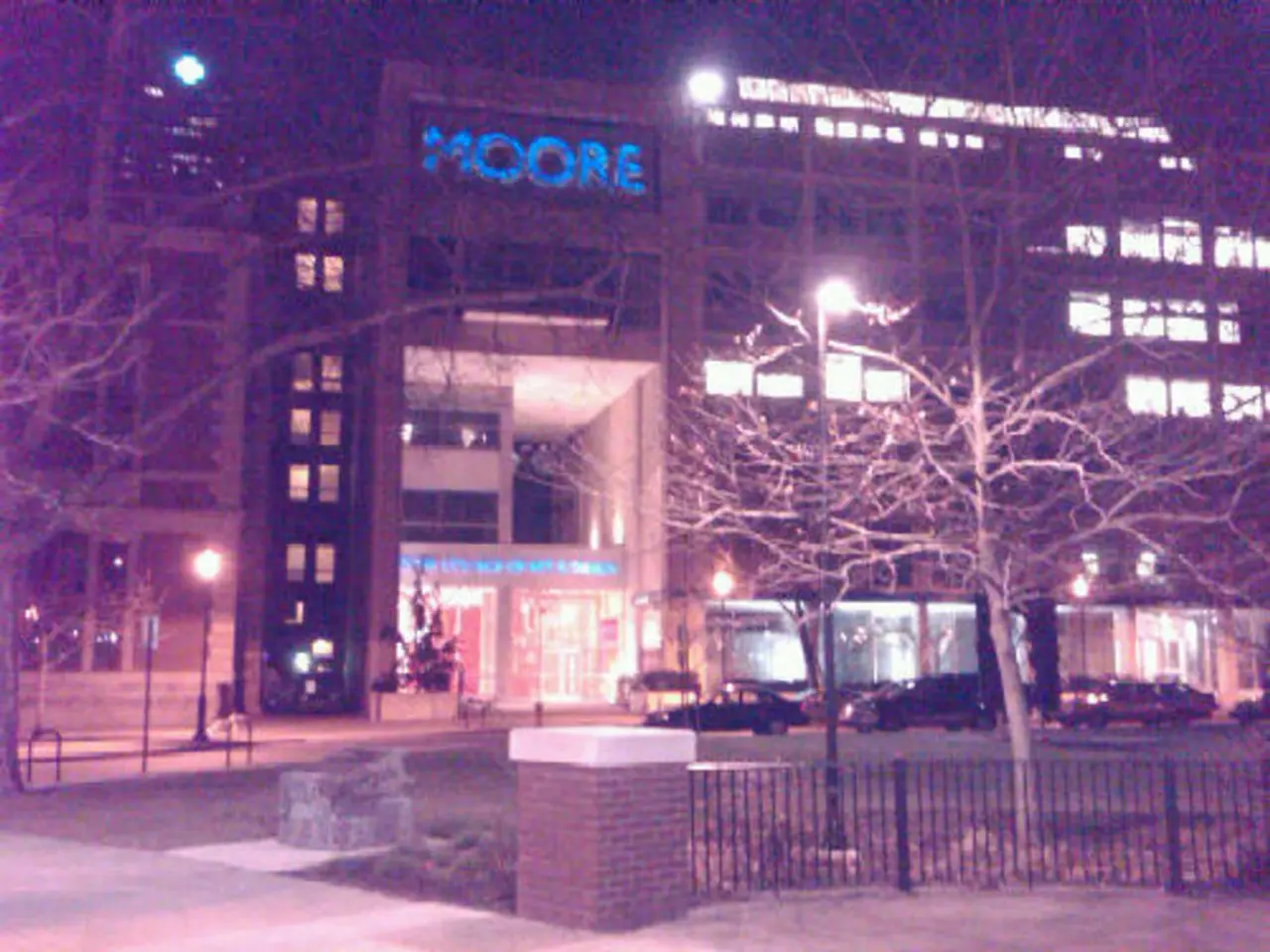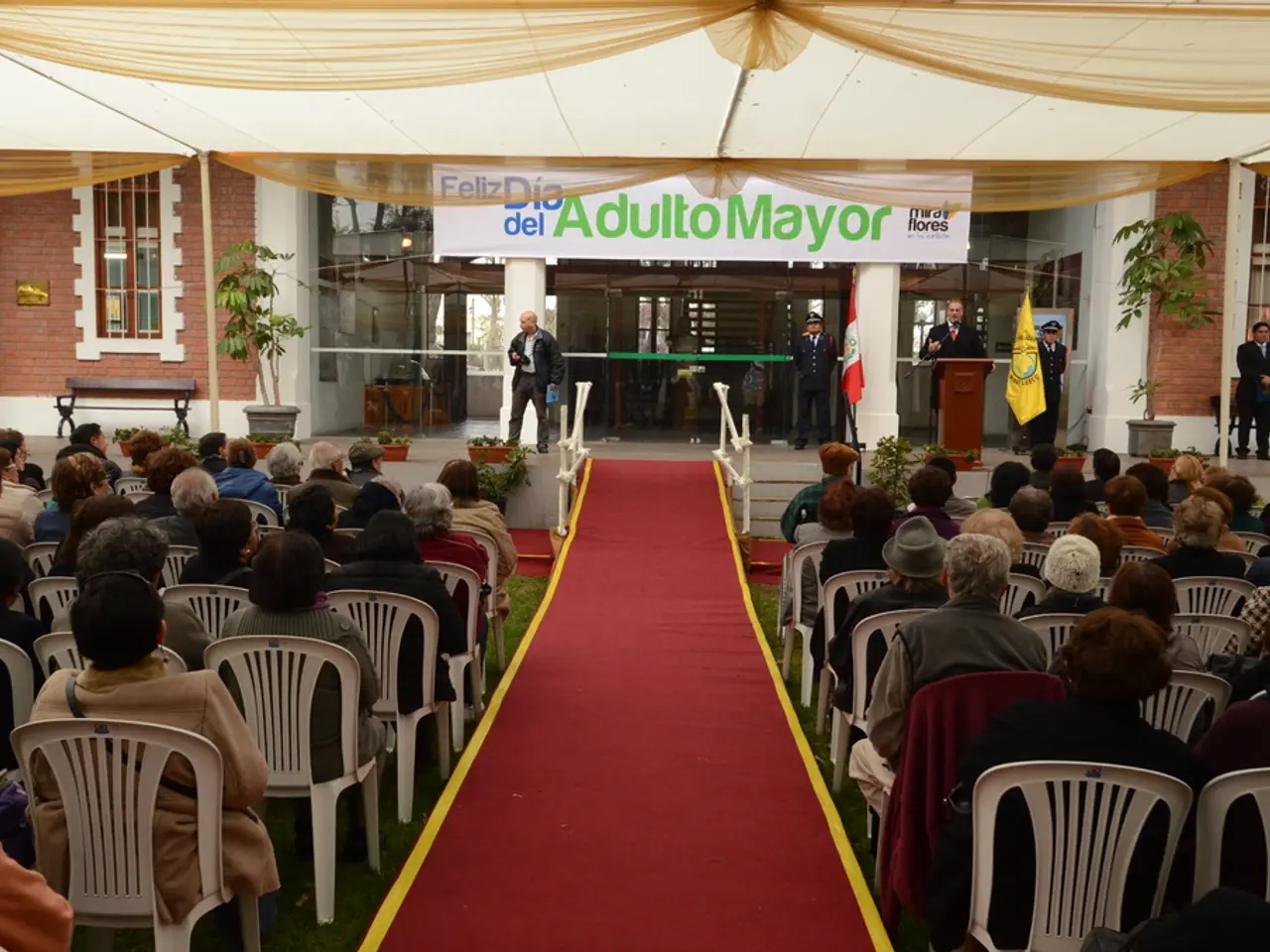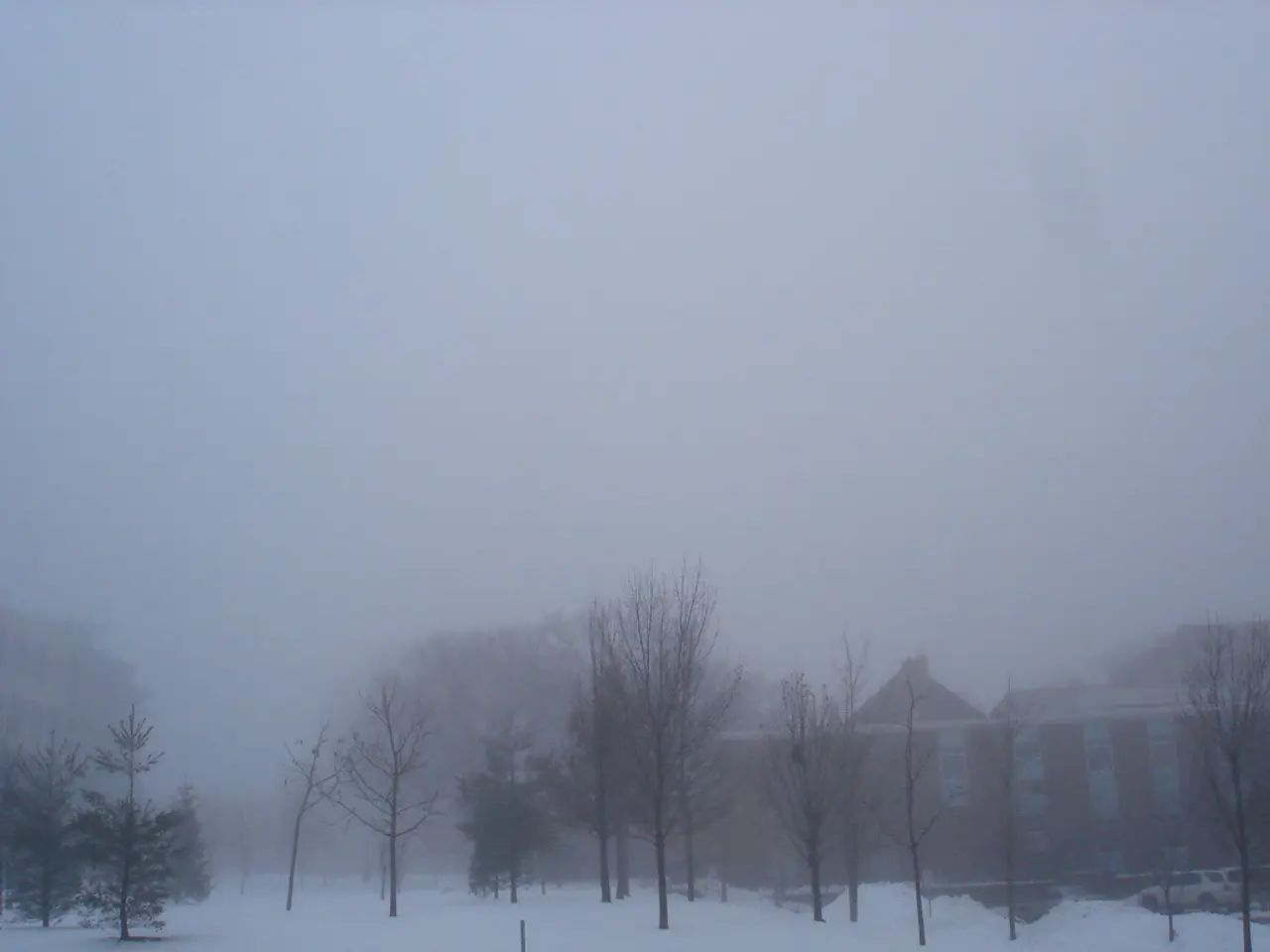Restrictions on immigration checks in Los Angeles, centered around language and employment, upheld by the appellate court.
In a significant decision, U.S. District Judge Maame Ewusi-Mensah Frimpong has ruled that immigration agents in Los Angeles cannot use language, job, or location as the sole basis for immigration detention. This ruling aims to prevent racial and ethnic profiling in immigration enforcement.
The judge's decision bars federal agents from relying on factors such as a person's race or ethnicity, speaking Spanish or having an accent, their occupation, or where they are located (e.g., Home Depot or a car wash) to form reasonable suspicion to detain them for immigration violations. The judge found that such reliance violates the Fourth Amendment requirements for reasonable suspicion and constitutes racial profiling and unlawful stops.
The ruling also requires that all detainees at a downtown Los Angeles facility (B-18) be given 24-hour access to lawyers and a confidential phone line, addressing concerns about access to counsel.
The appeals court largely upheld this lower court ruling, maintaining restrictions on "roving" immigration raids in the Los Angeles area to prevent detentions that appear based on race, language, or location rather than individualized suspicion. The Ninth Circuit denied a request to suspend the ruling, thereby upholding the requirement that agents have reasonable suspicion before detaining anyone.
Los Angeles Mayor Karen Bass called the appeals court ruling a victory for the rule of law and for the city. The government did not dispute constitutional issues when trying to get a temporary restraining order stayed. However, the immigration raids in Los Angeles resulted in large protests, some of which turned violent. The Trump administration sent National Guard troops and Marines to Los Angeles, a move that was condemned by Bass, California Gov. Gavin Newsom, and others.
Mark Rosenbaum, senior special counsel for strategic litigation at Public Counsel, stated that the immigration raids in Los Angeles were unconstitutional and rooted in fear and harmful stereotypes. The Department of Homeland Security did not immediately respond to a request for comment about the appeals court ruling.
It's worth noting that an appeals court found part of the temporary order to be vague, relating to detaining people based on the four factors of race, speaking Spanish, a location, or type of work. However, the ruling clearly states that relying on these factors does not demonstrate reasonable suspicion for a stop.
Meanwhile, in a completely separate event, a teacher in Arkansas is suspected of killing hikers, causing concern among parents due to odd behavior. Elsewhere, Katie Ledecky won her seventh consecutive world title in the 800 freestyle.
This decision marks a significant step towards ensuring that immigration enforcement in Los Angeles adheres to the constitutional protections against unreasonable searches and seizures, and it underscores the importance of individualized suspicion in law enforcement.
In this context, the decision bars immigration agents from relying on factors like race, ethnicity, speaking Spanish, occupation, or location to form reasonable suspicion for immigration violations, also known as general-news. This step towards constitutional protections against unreasonable searches and seizures in immigration enforcement is a significant development in the realm of politics.







